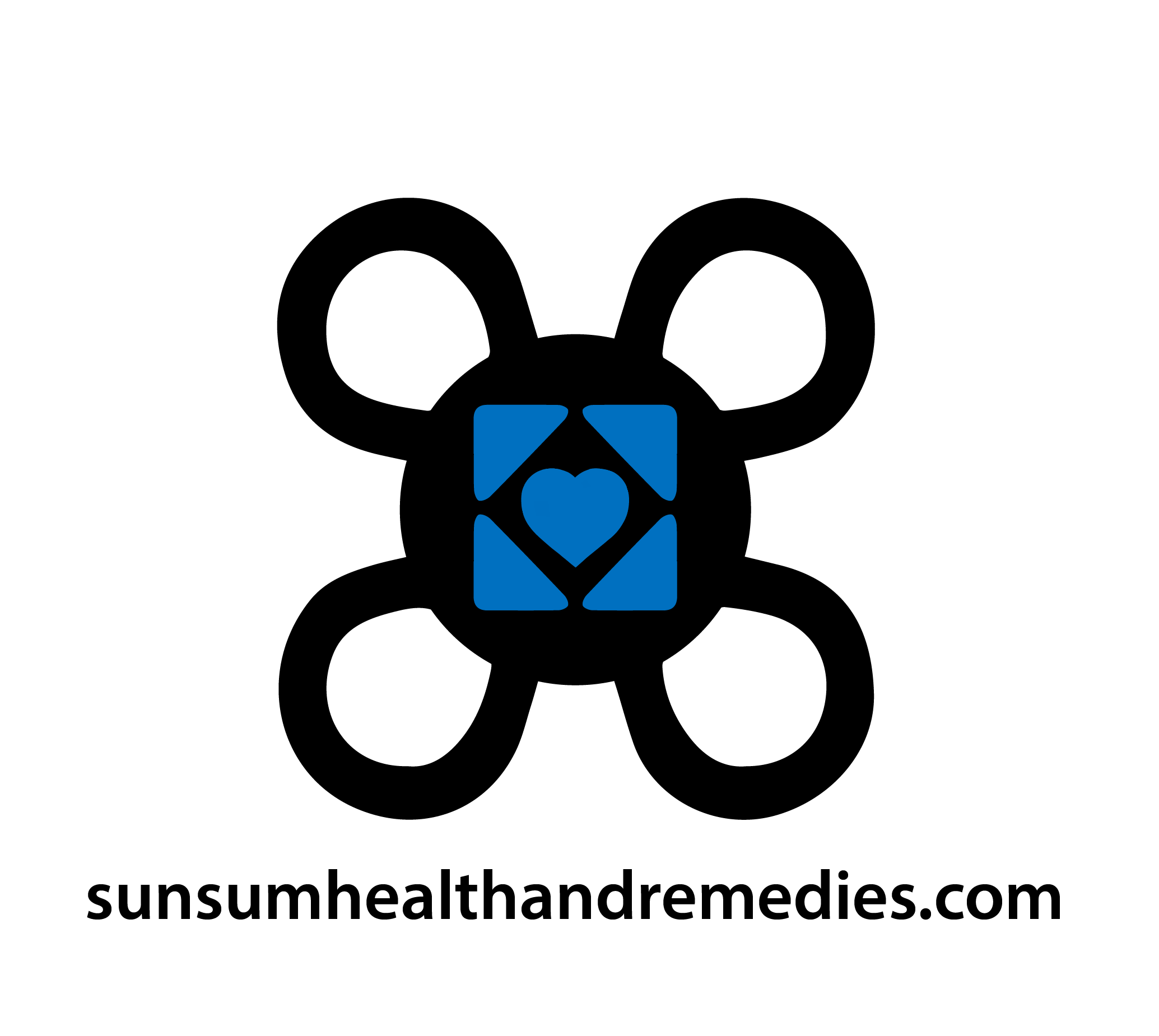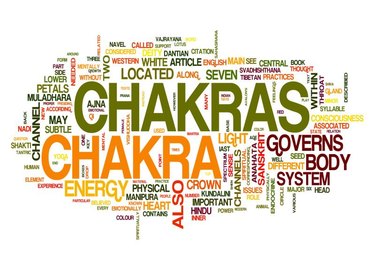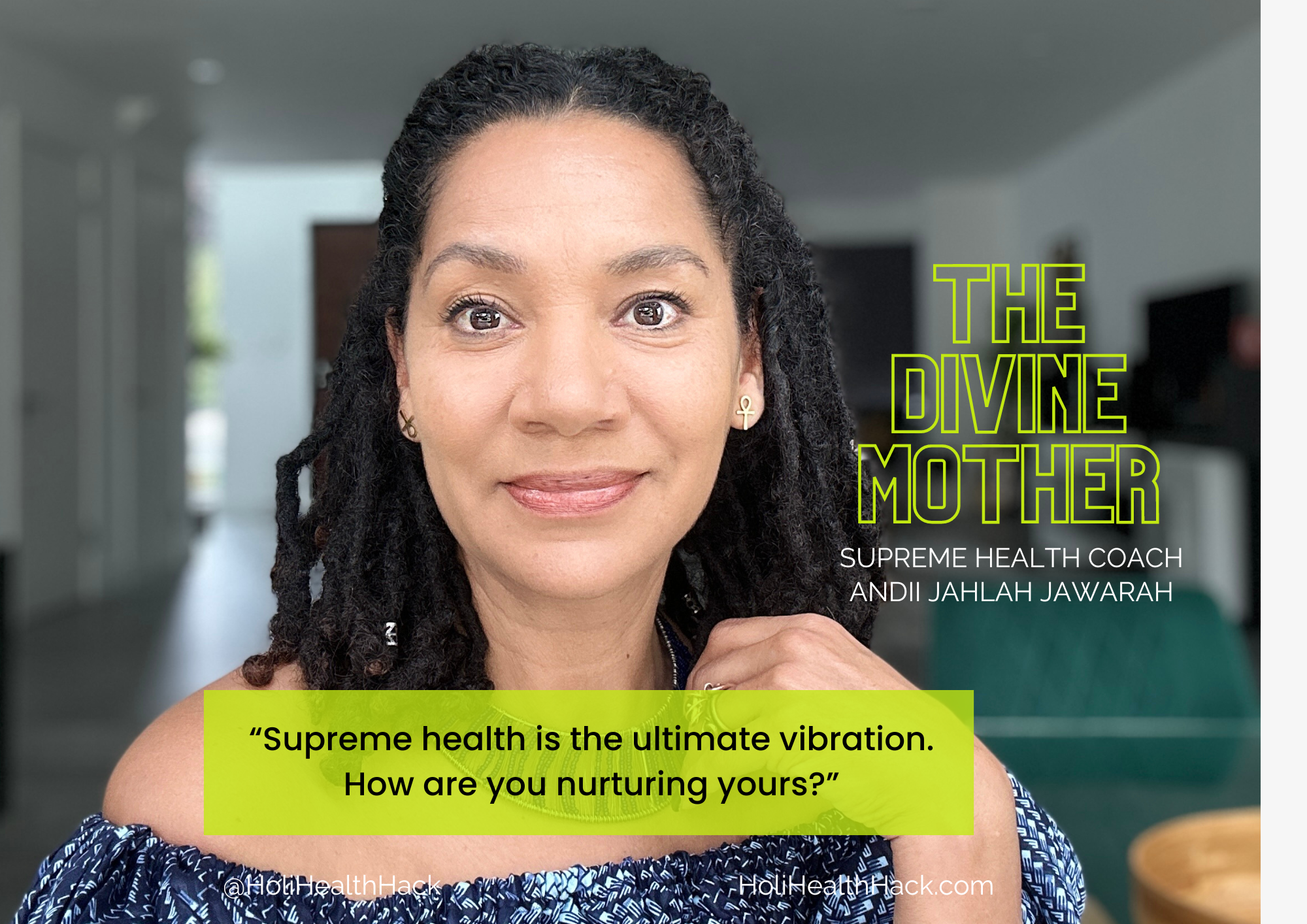
About Sunsum
“I am my mind, body, energy and spirit. I will nourish all elements with the best to be my best”.
This monthly blog will offer insights about health issues, holistic remedies and practitioners. Investment in self development enhances whole wellbeing.
All of the content in this blog is based on experiences, own knowledge or research. The blog content is not medical instruction. If you are already having medical treatment and wish to try any of the remedies, we suggest that you discuss it with your GP. Please note that conventional medicine does not promote holistic or natural remedies.
Subscribe! Be updated on health news, offers and monthly editions.
Our Facebook group encourages its members to share knowledge, discuss issues and embrace solutions that are all health related.
Chakra Healing
Chakra Healing has been selected for this feature so we look at how the functions of own chakras can enhance healing and energy. The word “Chakra” comes from Sanskrit language which is linked to Hinduism faith, it means a “wheel”, “circle” or “disk” as a reference to the connection of the chakras and how each part contributes to the whole. We will look at each chakra function and the importance of how one chakra imbalance can affect the balance of the other chakras. It can be considered as a holistic approach which focuses on the mind, body, spirit connection. Chakra healing is also connected to Ayurveda therapy. First of all, let’s focus on the chakras. what are they? what do they do?
There are 7 chakras that are positioned along the core of the spine and top of head. Each is known to be an energy centre that can be consciously restored and developed to energise and stimulate the relevant systems in own body, relating to human biology.
Every chakra has an associated colour which represents the different types of light and energy focused on that function as it flows from the top of head to the bottom of the spine:
1. The Crown chakrastimulates at the top of the head and energises consciousness. An imbalance may manifest as being disconnected to self or expressing sub-consciousness. This chakra is connected to the colour purple which represents peacefulness.
2. The Third Eye chakra stimulates the centre of the forehead in the middle of eyebrows. It energises intuition and creativity. An imbalance may manifest as confusion and being unfocused. This chakra is linked to the colour indigo blue which represents calmness.
3.The Throat chakrastimulates the centre of the neck under the throat. It energises to speak and communicate openly. An imbalance may manifest as shyness and anxiety. This chakra is linked to colour light blue which represents freedom of expression.
4.The Heart chakrastimulates the middle of the chest. It energises self-love and worth. An imbalance may manifest as lack of self -worth and love. This chakra is connected to the colour green which represents love.
5. The Solar Plexus chakrastimulates the area just below chest. It energises self-esteem, confidence and willpower. An imbalance may manifest as low self-esteem and unaccountability. This chakra is connected to the colour yellow which represents organisation, focus and determination.
6. The Sacral chakra stimulates just underneath the navel. It energises feelings, emotions or sexual pleasure. An imbalance may manifest as being unemotional and lack of creativity. This chakra is connected to the colour orange which represents joy and wisdom.
7. The Root chakrastimulates bottom of the spine. It energises safety and stability. An imbalance may manifest as being fear and chaos. This chakra is connected to the colour red which represents vitality and confidence.
The benefits of understanding about chakras can aid increasing own energy and healing. Chakra Energy uses techniques to focus thoughts, feelings to consciously stimulate the chakras to boost relevant energies. Chakra Healing involves using techniques like visualisation, yoga and meditation, to connect to own chakras to rebalance the relevant imbalances. The imbalances cause blocked chakras, therefore this creates blocked energies in mind, body and spirit.
.When self learns and understands about Chakra Energy and Healing then it allows self to know there are other ways of enhancing mental, physical and spiritual health.
TRY THIS! Chakra Stimulating remedies
- Eat plants foods that will energise you as they absorbed natural light to grow. Add one of each food that matches the colour of that chakra to boost the relevant energies.
- Yoga is a great way to stimulate the chakras to boost energy and physical health.
- Breathing meditation removes any low frequencies that can block chakras, especially relating to thoughts that the mind focuses on.
- Singing allows sounds to connect with the frequency of chakras, especially if they are uplifting sounds (and thoughts).
- Selecting colours, in relation to clothing or decor, can stimulate relevant chakra energy (externally) and chakra healing (internally).
.- Music can direct self to connect with the frequency of chakras, especially the Root chakra. Sounds can stimulate mental and physical senses. The best sounds to stimulate chakra to be uplifting is by listening to mantras or tribal beats that are repetitive to guide the mind to focus on relevant chakras.
Therapist of the Month
Andii Jahlah Jawarah-Lindsay
Location: UK and international via online
Social: https://www.instagram.com/holihealthhack/
Website: https://www.holihealthhack.com/
Deal of the month
October 2024 Deal of the Month
15 minutes free chakra/healing/coaching consultation
Therapist: Andii Jahlah Jawarah-Lindsay Contact: https://www.instagram.com/holihealthhack/ https://www.holihealthhack.com/




